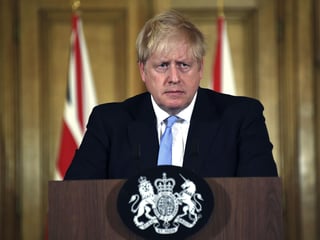We’re in a war; give NHS staff Army gas masks if needed – Patrick Mercer
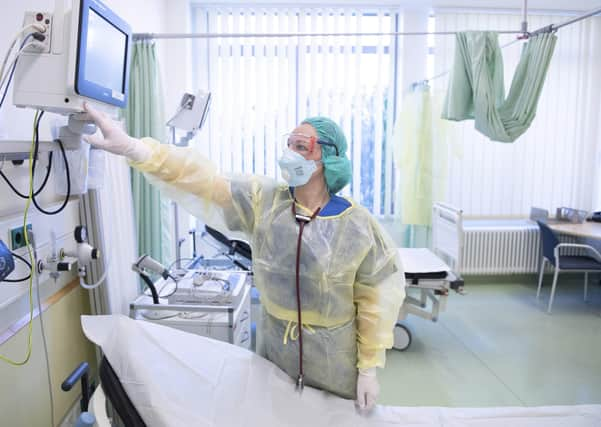

India, I’m told, is an ‘underdeveloped’ country whilst Britain is ‘developed’ and one is a liberal democracy whilst the other, under the firm hand of Narendra Modi, is much less so.
However, in sprawling, dusty, crowded cities like Amritsar and Delhi, it was fascinating to see what precautions were being taken and then to compare them to our own capital.
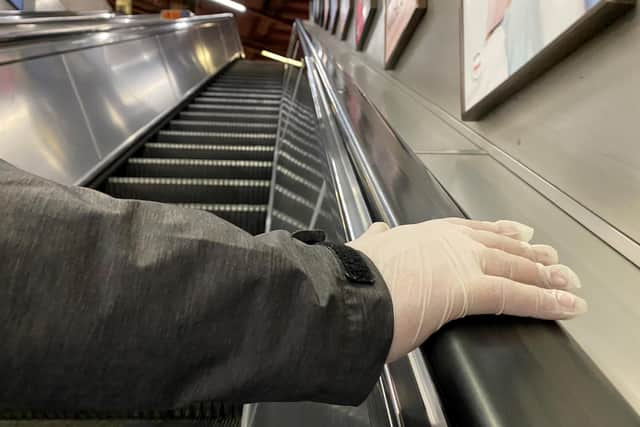

Advertisement
Hide AdAdvertisement
Hide AdAt the time of my visit, the incidence of Covid-19 was much lower in India than it was in Britain. Yet, sensible precautions were already being taken with temperature checks and hand decontamination being offered at airports, hotels, restaurants and museums – which everyone was enthusiastically using.
Some states had closed their borders, flights were restricted and foreign nationals were being asked to leave.
Then, after a tortuous journey back, I arrived at Heathrow to find...nothing. The poor old Border Force bloke at passport control, who was processing dozens of folk from all sorts of destinations, didn’t even have a mask and there was no hand sanitiser let alone a copper to supervise its use.
Similarly, the Tube was busy and whilst the streets were less crowded, there were no public information notices and people seemed quite happy to be close to strangers.
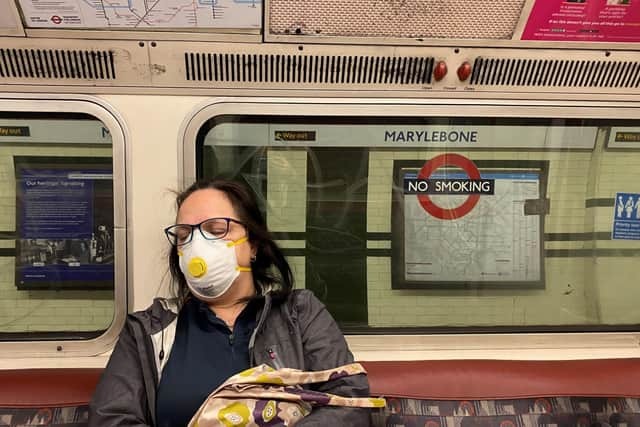

Advertisement
Hide AdAdvertisement
Hide AdNow, things have changed dramatically with the Government strictures of the last few days and social media is certainly being mobilised to inform people, but our laid-back attitude (which is sometimes mistaken for stiff upper lippishness) can be such a liability.
I was sympathetic to Boris Johnson’s horror when it became clear that the police might need to be used in a more muscular fashion. But, as Shadow Minister for Security some 15 years ago, I helped to pass the Civil Contingencies Bill into law which gave sweeping powers to a government to deal with crises like this.
We even designed a 100,000- strong army of part-time volunteers who would receive some training and who could be embodied when necessary. The idea was pooh-poohed as being too totalitarian.
Yet now, only once the storm has burst, is such a force being recruited – all the goodwill, all the selflessness of hundreds of thousands of people will be delayed – perhaps squandered – by bureaucracy when these people could have instantly been at work saving lives.
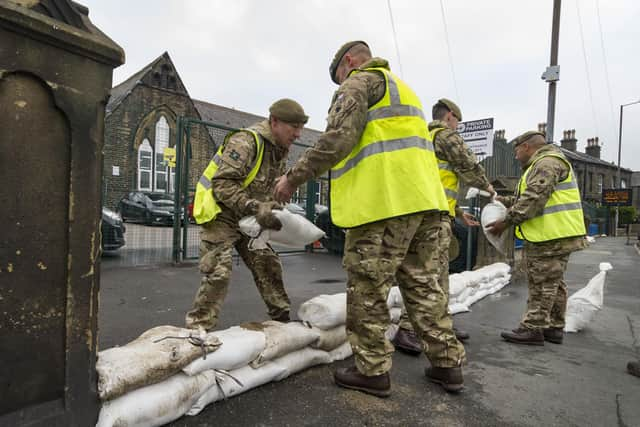

Advertisement
Hide AdAdvertisement
Hide AdAnd it’s this sort of inertia, this risk aversion, which makes me groan. Last night we were told that NHS staff did not have enough protective equipment and that production lines are only now being converted to turning out masks, visors and the like.
Yet, ordnance depots all over the country have nuclear, biological and chemical warfare suits stocked by the tens of thousands. Certainly, the sight of a doctor in a camouflaged overall, gas mask and military Marigolds would not do much for his or her bedside manner, but why has nothing been done?
Perhaps it’s a question of being able to deliver such kit? Well, again, our forces exercise all the time in moving large stocks of heavy equipment and look at the entirely medical force that we sent to Sierra Leone in 2014 to combat the Ebola outbreak. True, only 1,000 troops deployed, but I’d love to see them in our hospitals right now,
Similarly, why is it taking so long to get the ExCel centre in London operational as an emergency hospital?
Advertisement
Hide AdAdvertisement
Hide AdIn 2003, the Xiaotangshan Hospital was built in Beijing to counter Sars. More than 4,000 troops used military tents and prefabricated parts, working throughout the day and night – and this effort has now been copied in Wuhan. Why hasn’t this task been given to the Royal Engineers who are not bound by union rules and, just as importantly, how long will it take to get something similar in Leeds and Birmingham?
The answer, of course, is two fold: police states react better to crises than democracies and we haven’t got the troops or the equipment to be effective.
Now, I don’t want Bradford to become Bologna with masked Carabinieri enforcing government orders with sub- machine guns, but I do want proper numbers of police and armed forces to help with floods in the Calder Valley or pandemics in Pontefract.
I’m making a serious point, though: these are tough but not insuperable times and both our spirit and endurance must not be undermined by victim culture.
If we can adjust our values, take risk and run to catch up in a race that has already started, we’ll beat this menace.
Patrick Mercer is a former soldier and ex-Conservative MP.
